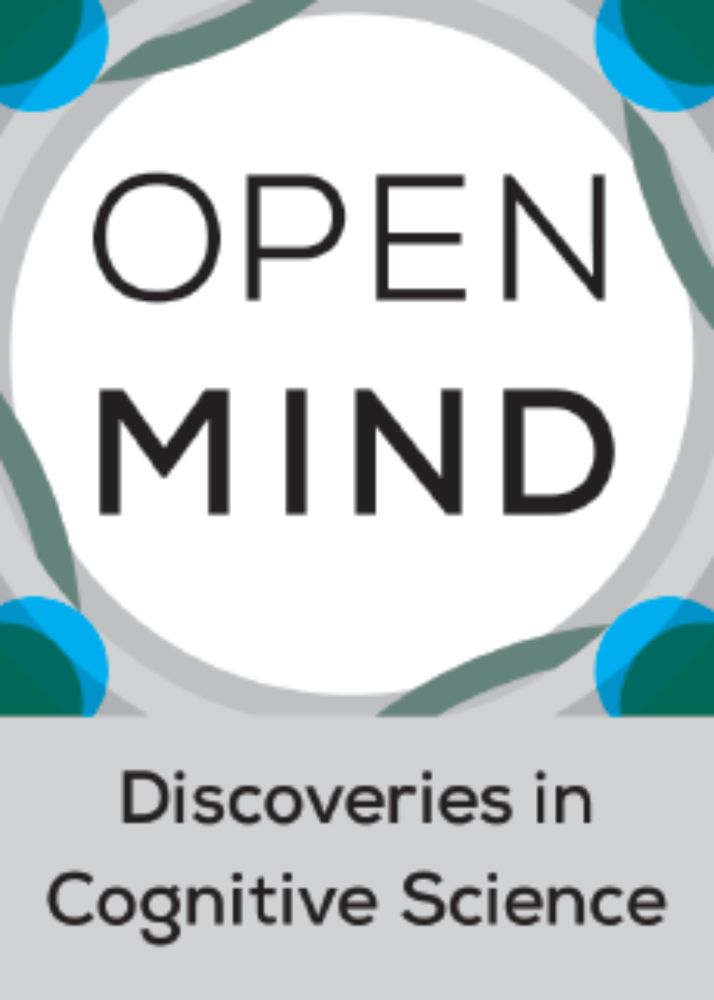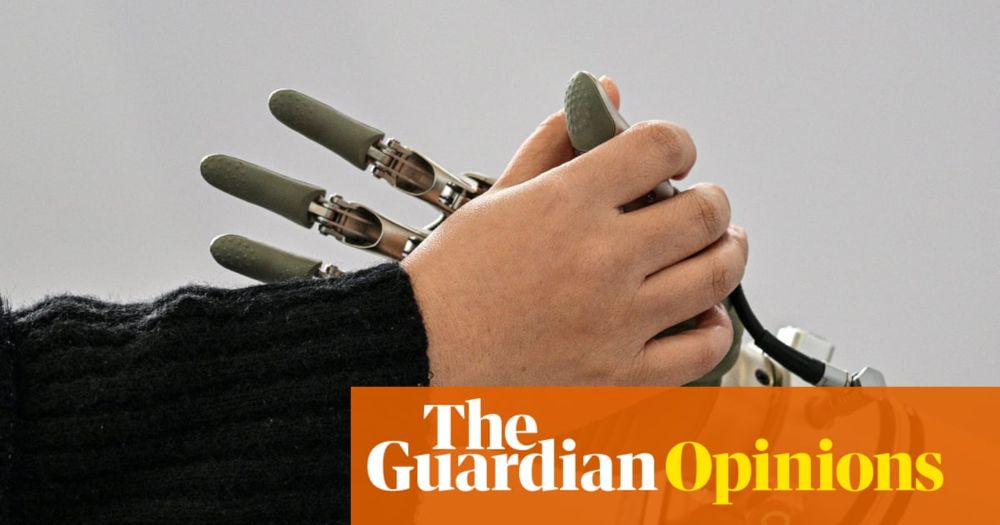www.arshiyaggarwal.com
www.jneurosci.org/content/earl...

www.jneurosci.org/content/earl...
@cognitionjournal.bsky.social.
Moral psychologists almost always use self-report scales to study moral judgment. But there's a problem: the meaning of these scales is inherently relative.
A 2 min demo (and a short thread):
1/7
@cognitionjournal.bsky.social.
Moral psychologists almost always use self-report scales to study moral judgment. But there's a problem: the meaning of these scales is inherently relative.
A 2 min demo (and a short thread):
1/7


Application info: www.colorado.edu/psych-neuro/...
Lab info: www.svmlab.org

Application info: www.colorado.edu/psych-neuro/...
Lab info: www.svmlab.org
🧵
direct.mit.edu/opmi/article...

🧵
direct.mit.edu/opmi/article...
Techno-optimism is human pessimism.
www.theguardian.com/commentisfre...

Techno-optimism is human pessimism.
www.theguardian.com/commentisfre...

